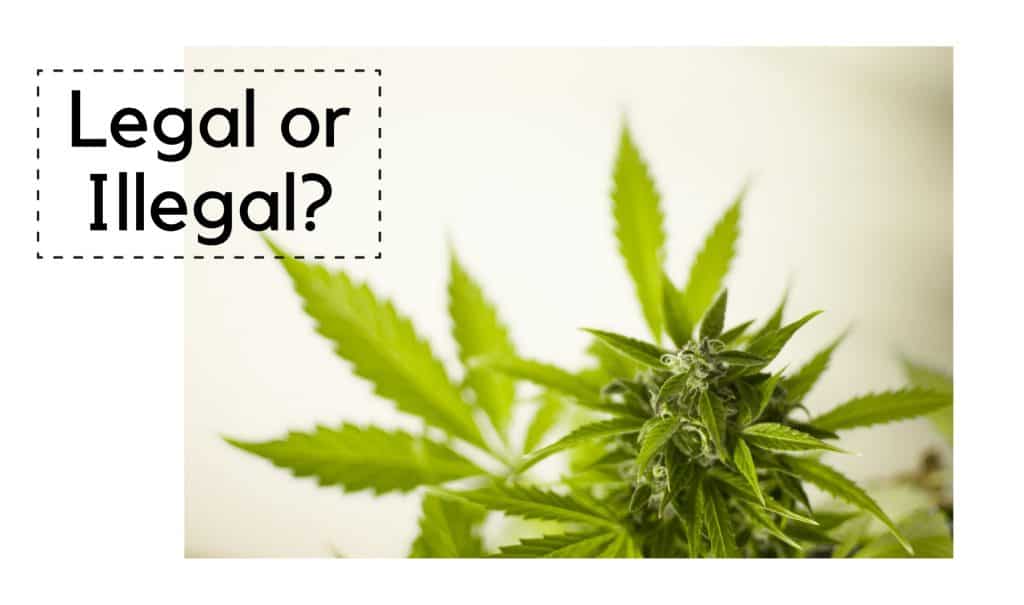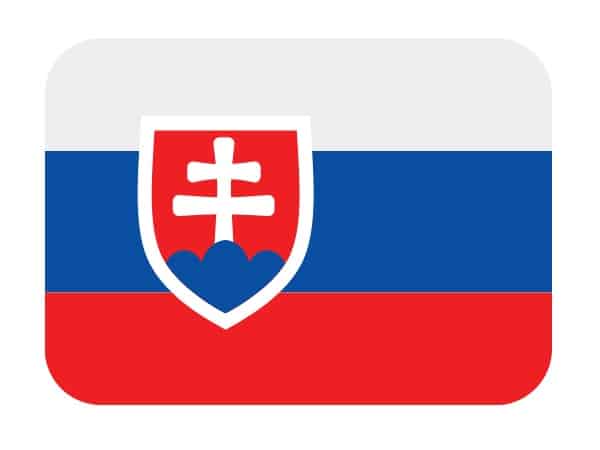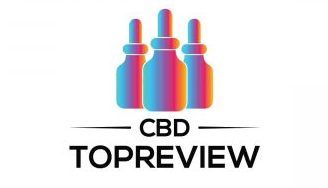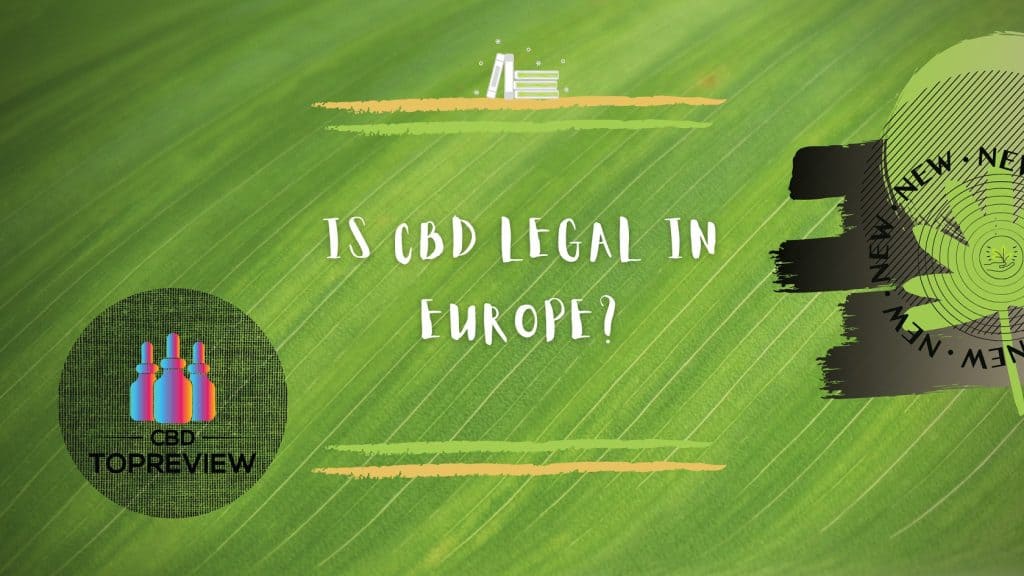Many expect cannabis to be legalized across Europe in the coming years. But at the moment, despite the fact that medical marijuana is legally sold in a number of European countries, this does not mean at all that the entire European Union has adopted these laws.
In 2018 alone, €0.5 billion was invested in the EU cannabis industry, according to the evaluation of the specialized research company Prohibition Partners. Research shows that, if all EU countries fully legalize the use of cannabis and create a developed trade infrastructure, then the market could grow to 115 billion in less than 10 years (and this is the approximate volume of the EU beer market today). Full legalization of medical consumption alone would mean the growth of the cannabis market to €58 billion.
Novel Food and EIHA
In response to the undue burden once again placed on stakeholders in the EU hemp industry by applications for approval under the Novel Food Legislation (NF), the European Industrial Hemp Association (EIHA) has started its Novel Food Consortium to alleviate financial pressures from new food products and promoting a more streamlined approach to regulation.
The EIHA intends to provide a fair market for its members who are engaged in agriculture, processing, and trade in CBD-related products – a permanent, reliable, and pan-European regulated common market status.
The European Commission recently suspended all novel food supplements for CBD and hemp products as it is considering reclassifying CBD as a narcotic extract rather than as a food.

The legality of CBD in EU countries
Germany

According to German drug law, CBD as a substance is not subject to strict control and regulation. An update was released in 2004 and the exceptions define the modification to only allow CBD to be used if the THC content is less than 0.2%. EU and German drug law harmonize and recognize that CBD is legal in Germany.
France

Cannabis cultivation in France has a long history and laws show that growing cannabis and CBD is legal in France. But the government bans even the smallest trace of THC from these products. CBD is legal under these restrictions.
Netherlands

Amsterdam is known for its tolerance policy and cannabis use. While cannabis (with THC) is “really” illegal. You cannot consume more than 5 grams of cannabis at a time. Since hemp seeds and CBD are clearly not subject to Dutch drug laws, CBD hemp seed oil is legal in the Netherlands.
UK

CBD products are currently legal in the United Kingdom if they are sold as a dietary supplement, otherwise, they have to be licensed. It is legal to cultivate hemp that naturally contains below 0.3% THC. However, if CBD is extracted using CO2 process, it is advised that the final product contains 0% THC.
Spain

In Spain and Europe, there are some regulations under EU law that place restrictions on how farmers should grow cannabis. In addition, restrictions on growing industrial hemp are limited to 0.2% THC when dried. Since CBD is not a psychoactive drug, it is not subject to the 1971 UN Convention on Psychotropic Substances, making CBD legal while THC remains illegal. However, Spain doesn’t have any regulation concerning the use of cannabis as food. Spain does have regulation of the food supplements, and only vitamin supplements can actually be registered in Spain. That is why, most Spanish local CBD brands avoid mentioning oral use of CBD products. Strangely, oral use of CBD is allowed in Spain for the products made and properly registered in other EU countries.
Italy

In the 1940s, Italy was the second-largest producer of industrial hemp – just behind the Soviet Union. Since 2017, Italian law no. 242 has initiated “regulations to encourage the cultivation of industrial hemp”, according to which industrial hemp is allowed to grow if the THC content is 0.6% or less.
This law was initiated with the intention of making a historic comeback for the industrial cultivation of cannabis and CBD products containing less than 0.6% THC.
Switzerland

In 1951, the Federal Narcotic Drugs and Psychotropic Substances Act (cc 812.121) was passed and since 2018 the law remains in effect, this law stipulates that any cannabis factory with an overall average THC content of 1.0% or less becomes legal. If your hemp contains more than 1.0% of the total THC, then it is illegal.
As with this provision, there is no clear law that CBD is not allowed. So if there is no law prohibiting this or that, then it is allowed. Switzerland is a member of the European Free Trade Association (EFTA) and has participated in the negotiations on an agreement on the European Economic Area (EEA) with the European Union.
Slovakia

In 2011, the Government of Slovakia included CBD into Group 2 of the Psychotropic Substances Act which made CBD illegal in Slovak Republic. However, in 2020, The Ministry of Health of the Slovak Republic has released a bill that would confirm removal of CBD from list of psychotropic substances. The law is expected to come into force in March 2021.





![CBD Reakiro Verified Coupon [15% off CBD Reakiro] Reakiro coupon code](https://cbd.topreview.com/wp-content/uploads/2021/09/Reakiro-coupon-code-150x150.jpg)

